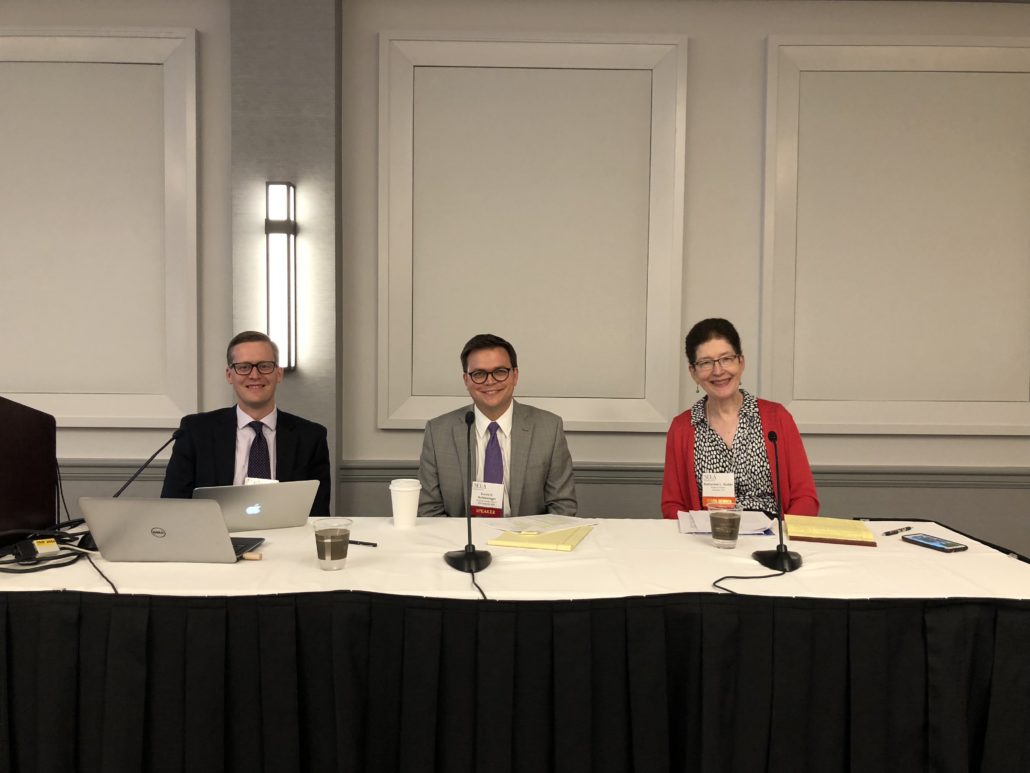Today, the Minnesota Supreme Court ruled in favor of employees, holding that the Minnesota legislature intended to overrule caselaw that limited Minnesota’s Whistleblower Act (MWA) when it amended the law in 2013. The case, Freidlander v. Edwards Life Sciences, centered around the definition of “good faith.” The MWA protects employees from retaliation if they report illegal conduct in “good faith.” Prior to 2013, the statute provided no definition for the term “good faith.” Beginning in 2002, the Minnesota Supreme Court limited that definition in several cases. The effect of the court’s narrow definition was to limit protections for employees, leaving no legal recourse for many employees were fired for reporting unlawful conduct. These decisions undermined the purpose of the Minnesota Whistleblower Act by making it it much more difficult for employees to report unlawful activity without losing their jobs. Consequently, in 2013, the Minnesota Legislature took action, defining “good faith” as any report that is not knowingly false or in reckless disregard of the truth. By doing so, the Legislature restored the broad protections of the MWA.
Several companies, including Edwards Life Sciences, and the Chamber of Commerce, disagreed with the Legislature’s intent and argued that the judicially-created, narrow definition of “good faith” still applied, even though the legislature changed the law. In a case that affects virtually every employee in Minnesota, the Supreme Court rejected this argument, and held that the legislature intended to change the definition, stating that the employer’s reading would “render the ‘good faith’ definition section of the 2013 amendment superfluous, and run afoul of our presumption that the Legislature intends to change the law when it amends a statute.”
The decision was unanimous, with Chief Justice Gildea authoring the opinion. The decision solidifies the Legislature’s effort to ensure that employees are protected from being fired or retaliated against if they report violations of law, or suspected violations of law, to their employer or to third parties. Employees must make such reports in “good faith,” which means that they are not protected if they lie or make reports in reckless disregard of the truth.
The case was successfully argued by Adam Hansen of Apollo Law, and the plaintiff is represented by Halunen Law and Nichols Kaster. Phillip Kitzer, Douglas Micko and Brian Rochel of Teske Katz Kitzer & Rochel also participated on behalf of Minnesota NELA, who appeared as amicus curiae arguing in favor of the broader interpretation.
If you would like to learn more, or if you believe you have experienced retaliation at work, contact Teske Katz Kitzer & Rochel today.
 On June 28, 2018, Brian Rochel presented along with co-panelists Kathy Butler and David Schlesinger at the National Employment Lawyers’ Association’s (NELA) 2018 Annual Convention in Chicago, Illinois.
On June 28, 2018, Brian Rochel presented along with co-panelists Kathy Butler and David Schlesinger at the National Employment Lawyers’ Association’s (NELA) 2018 Annual Convention in Chicago, Illinois.